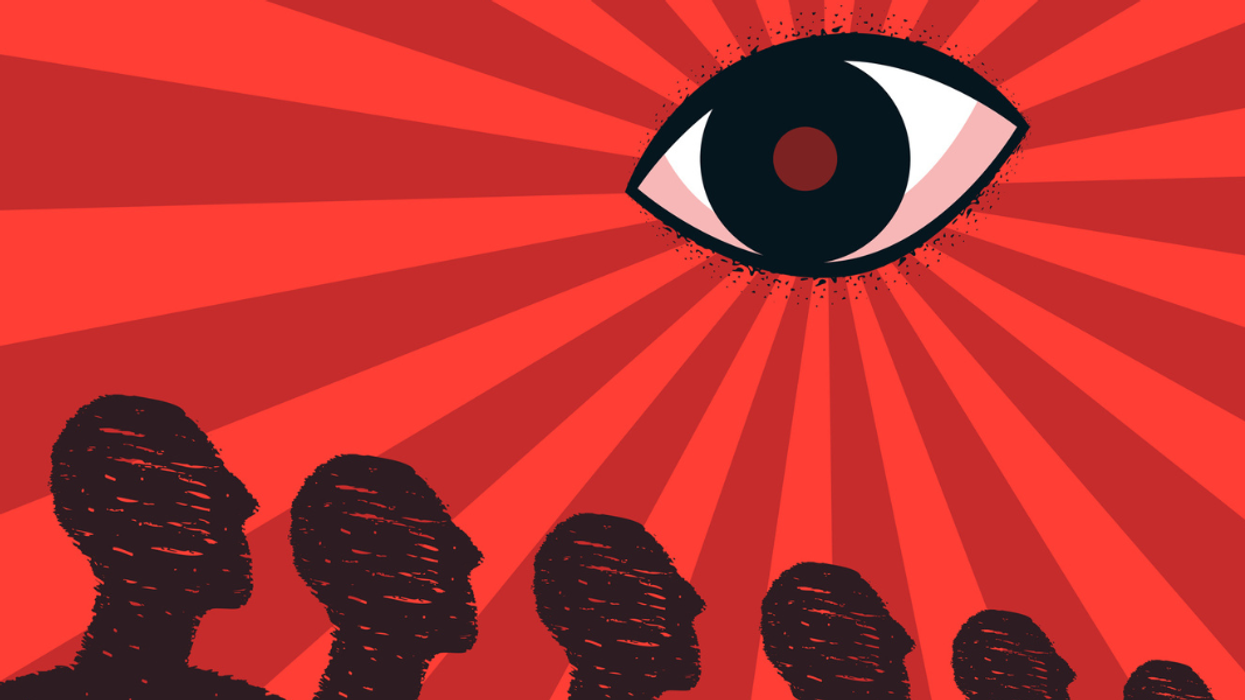Orekondy is an attorney originally from Australia and is the Coalitions Director at Rank the Vote. The views expressed here are his personal opinion.
Many of us in the democracy reform movement see a need to fight authoritarianism.
While this need is obvious, such a framing puts us at risk of merely fighting the symptoms and not curing the disease.
To find the solution to authoritarianism, we must understand its causes.
First, American democracy is not representative. It should surprise none of us that alternatives to democracy are being considered by a public starved of meaningful representation. The solution to this is clearly democracy reform, yet achieving this on a large scale requires much deeper levels of organizing than the pro-democracy movement has (yet) been able to muster.
Second, we need to recognize that this isn’t a uniquely American problem. Authoritarianism is experiencing a surge of popularity across the world. The cause of this likely has deep roots in globalization. Since the 1980s, Margaret Thatcher’s idea that there is no such thing as society, only collections of individuals, has seeped into every nation and economy, shredding what was left of community, atomizing us all and stripping us of our collective power.
We are now a collection of 8 billion individuals, taught that the only path to self-worth, fulfillment, security, and happiness comes through our ability to clamber over one another up the economic ladder, and throw down anyone who gets in our way.
It should be no surprise that the planet has revolted against this philosophy of extreme individualism by asserting the most visceral forms of collective identity. Racism, sexism, fanaticism and fascism are being espoused more openly in public and exhibiting high levels of political organization. The authoritarian impulse is, at its heart, an expression of desire for community, and the adoption of whatever communities are immediately available.
To cure authoritarianism, we must meet the need for community. This is done most easily at the local level, as that is where individuals most often connect to each other and find shared values. It is on top of such communities that we will find the organizing power to win democracy reform.
As advocacy organizations, we need to begin facilitating connections between our people on a local level. While people form all sorts of groups on the local level, from sporting groups to your local Dungeons and Dragons group, the organizations with most potential for democracy defense are constituency groups (based on shared ethnicity, religion, political values, etc) and advocacy organizations (single or multi-issue groups).
The process of forging such local groups into a singular community would best be achieved by bridging organizations, which have a process for creating common ground amongst disparate and often conflicting groups. While bridging organizations have often focused on bringing together individuals with conflicting opinions, they would be well served to partner with civic organizations in their area as well and attempt to forge relationships between their members. Ideally, these conversations would result in concrete action plans, geared towards strengthening the local community and the defense of democracy.



















